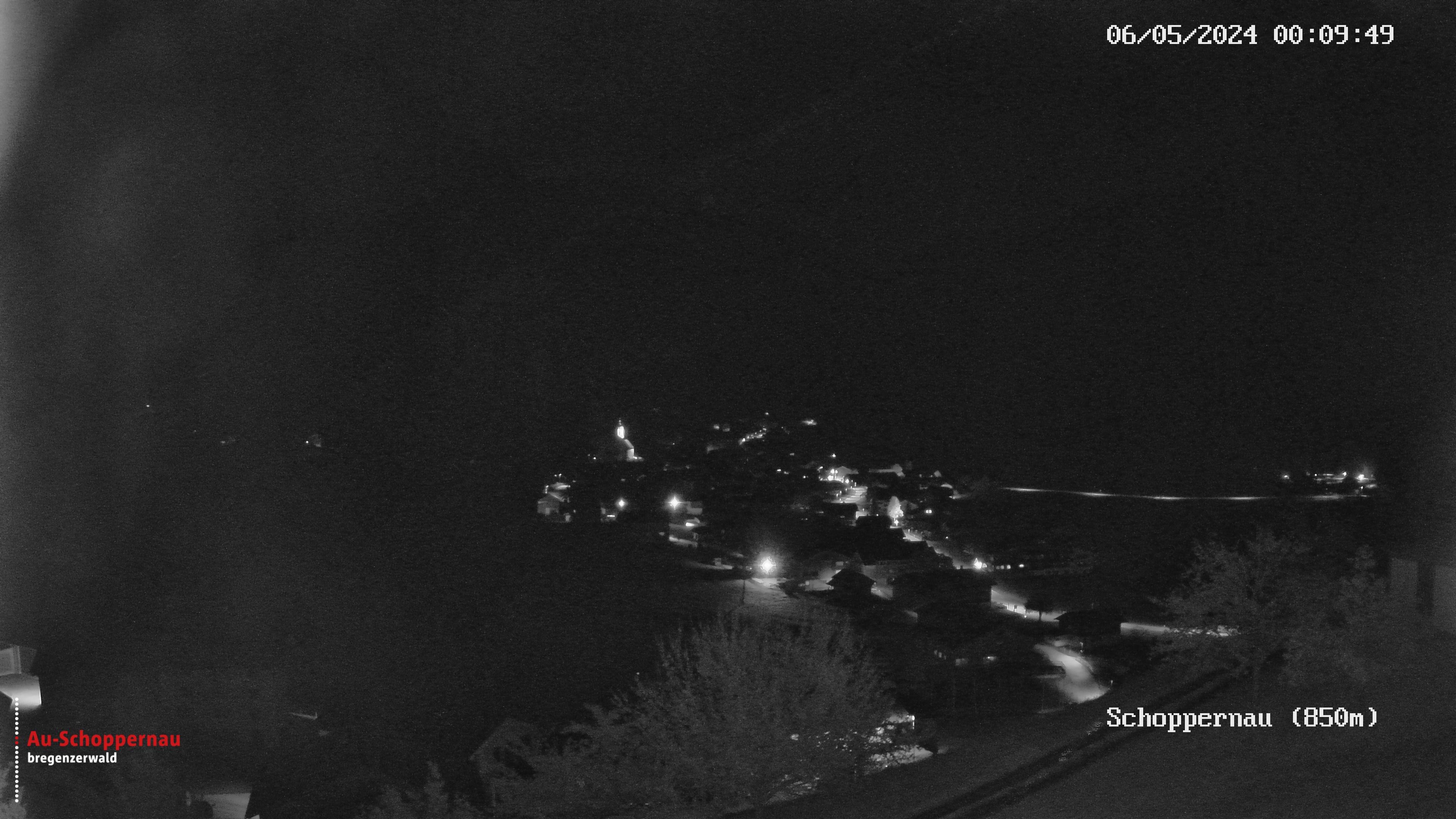Portraying change as the only constant has a long tradition. Like all traditions, this one is in danger of being misused or misinterpreted. When it comes to personal change, however, it’s more about change to add fresh wind in the sails. So reflecting deeply about one’s current state is certainly worthwhile. And it’s for this reason that I sit today in the Siebaner Häuschen in the hopes of furthering this premise, which began in summer with Henry David Thoreau. The book that I have in my hand is “The Observer” by Imre Kertész (1929–2016), Noble Prize Winner for Literature in 2002. Because it “makes such difference where you read,” as Walt Whitman once wrote, I open this book in the Bregenzerwald, excited to see what effect the character of this region will have on my reading and, of course, on me.
At the age of 14 and while living in Budapest,Kertész, of Jewish descent, was imprisoned in Auschwitz and Buchenwald. After escaping, he lived under conditions in communist Hungary which, at first glance, have very little to do with the Bregenzerwald. And yet each of us is free to take a second or perhaps even a third look. This is a matter of patience and persistence, which is sometimes difficult without belief in that which remains in spite of change. After all, examining the conditions under which Kertész wrote has the power to revive memories. (Memories, which I highlight here in parenthesis, are in obvious reference to what remains in spite of change).
I am reminded of Bregenzerwald author Franz Michael Felder. At this juncture, I may be forgiven for presenting him so singularly as The Writer. In Kertész’s diary “The Observer,” there is the following sentence: “We don’t understand the world because that is not our task on this planet.” Was this not the exact premise of Felder’s bitter conflict with the clergy of his era: Defining a task that is of this world instead of parroting one based on a pseudo understanding of celestial glory? Endeavouring to ensure security and cooperation, putting people at the centre of things, instead of ideology? Letting the soul dictate proceedings (that which one does daily with little fan-fair) …is this not in line with the values of Bregenzerwald? From the soul, not from demagogues or from bureaucrats. From the soul means from nature, of which we are all a part. From within is that which is human and that which is essential and unchanging.
Speaking of the soul: “The human dichotomy between and … forces individuals and also society into an increasingly schizophrenic state…” It is also this quandary that I’ve always loved to escape in the Bregenzerwald, my Bregenzerwald: this ownership is conscious and not dissimilar to the social and touristic efforts of the region designed to allow guests and residents to experience their very own Bregenzerwald, and therefore to be in touch with nothing short of themselves.Working, proving one’s self in the real world, writing and avoiding the trappings of vanity. Reading Kertész in the Bregenzerwald provides insights into the meaning of such virtues.
Walt Whitman writes: “I say the profoundest service that poems or any other writings can do for their reader is not merely to satisfy the intellect or supply something polished and interesting, nor even to depict great passions or persons or events, but to fill him with vigorous and clean manliness, religiousness, and give him good heart as a radical possession and habit.” (Yet another use of parenthesis: Let no one knock ‘clean manliness.’ Whitman, 1819–1892, has earned his due.)
When I look out the window of the small Siebaner Häuschen, a few farmhouses attract my attention. What I see gives me a good feeling because while it does not take much to feel that which is local, to feel at home, it does take the right ingredients. From his bleak communist perspective at the time of writing, Kertész says: “The range of good things is narrow: a few good pictures, true ideas, a few measured words free of poison and bile. A simple clean house, free of stale air, and I feel at home thanks in no small part to the kind gesture of the man of the house who welcomes me inside.”At this juncture I would like to comment upon that which tourists prize above all else: the hospitality found in Bregenzerwald, which Kertész gets to the heart of so beautifully. He knows well what he is describing. At the end of his life he had reputation, fame and money, and was a welcome guest at noble hotels everywhere. And yet, it must be said, Kertész was clear about the dangers of fame and suddenly discovering the nobility of his own person (where else?).No, I would not have imagined that reading Kertész in the Bregenzerwald could be so exhilarating. But as Walt Whitman said: “It makes such difference where you read.”
Imre Kertész: The Observer.
Notes 1991–2001.
Rowohlt 2016




